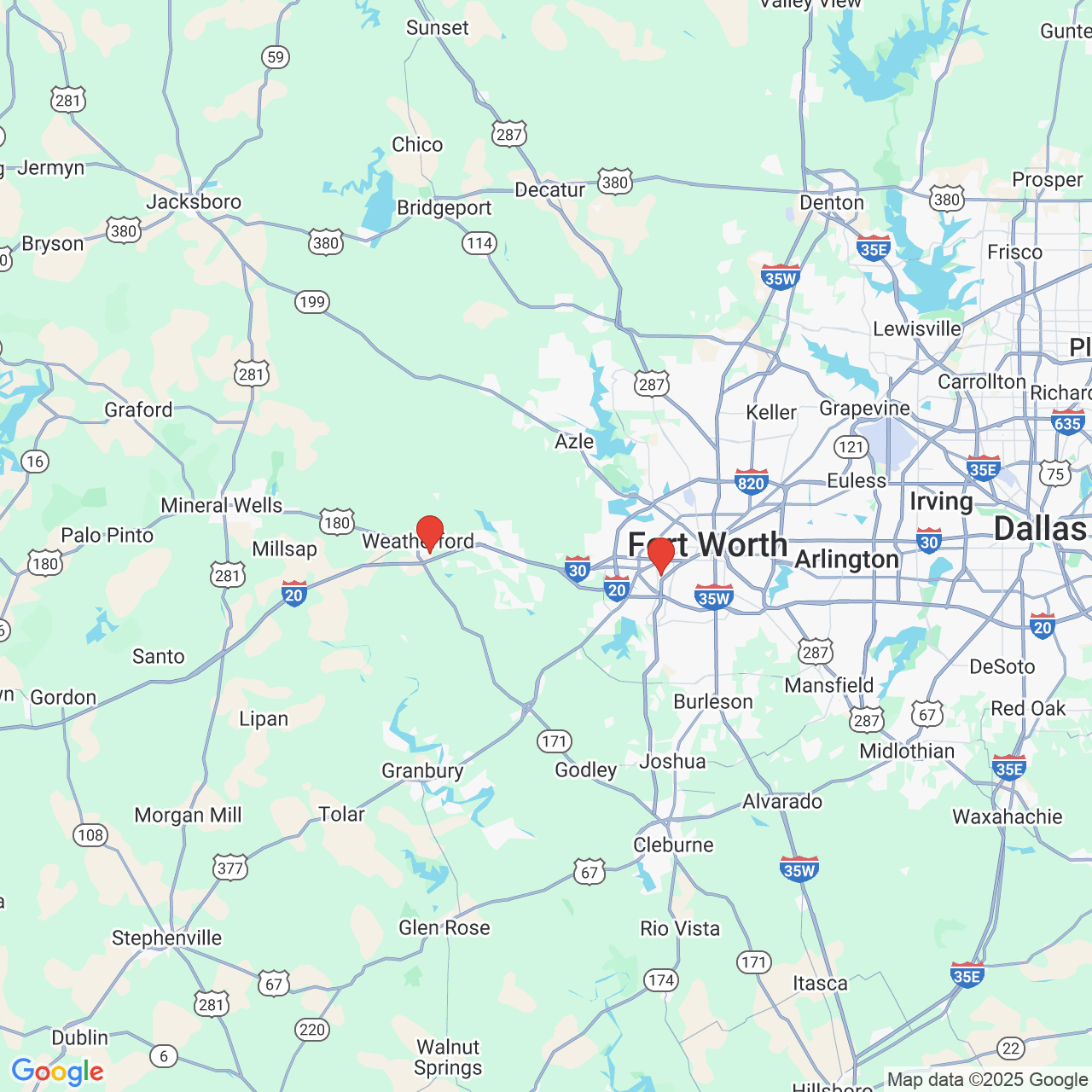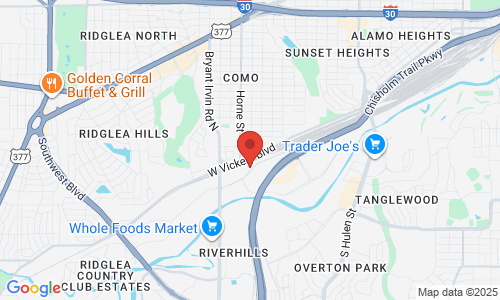10 Causes of Stiff Fingers from a Hand Surgeon
Stiff fingers can be very troublesome. Your hands and fingers are vital tools with which you interact with the world. Without normal use of your hands and fingers, activities including household tasks, work, hobbies, and sports all can become more difficult.
There are many things that can cause stiff fingers:
Arthritis
There are many forms of arthritis, and any of these may cause finger stiffness. Most arthritis is either rheumatoid arthritis, osteoarthritis or psoriatic arthritis. Often, arthritis and subsequent stiffness is caused by damage to the cartilage of the finger joints. Loss of the normal smooth gliding of a joint often results in limited motion of the joint. Another cause of stiffness from arthritis is swelling and thickening of the lining of the joints (synovitis). The joints in the hand that are most commonly affected by arthritis vary depending on the type of arthritis. Also, if a joint becomes infected or is broken, there can be damage to the cartilage which causes loss of motion.
Injuries
Many of the parts of a finger, if injured, may lead to finger stiffness.
Finger joint dislocations and “jammed fingers” cause swelling and tearing of the ligaments around the joint. These injuries may cause temporary or even permanent changes in the normal flexibility of the supportive ligaments, resulting in limited joint motion.
Broken fingers (fractures) can result in swelling and bleeding, which is very irritating to the tendons lying on the bones. Sometimes the tendons are partially torn by the sharp edges of the broken bone. Splinting, casting or even surgery to treat the fracture may result in the tendons being scarred to the bone and therefore limiting their motion, which then affects joints moved by those tendons.
Injuries to the extensor tendons (straightening) or flexor tendons (bending) in a finger may result in limited motion of those tendons. The result can be loss of motion/stiffness of the joints that the tendons control.
The tendons that bend (flex) the fingers normally slide freely through the tunnels in which they run. When a fullness or lump forms in the tendons, the tendons cannot slide normally within the tunnel. Both bending and straightening may be limited by the tendon’s abnormal motion (like a rope with a knot trying to move through a pulley).
Inflammation of tendons (tenosynovitis)
Swelling of the slippery linings around tendons (tenosynovium) can limit their motion and, as a result, the normal motion of the joints they control. This is especially a problem when the tendons pass through tight tunnels in the fingers or at the wrist. Conditions which may be associated with tenosynovium swelling include rheumatoid arthritis, psoriatic arthritis, and injuries or overuse.
Immobilization
Sometimes after finger injuries or surgery, the treatment includes splinting, casting or bracing. Immobilizing the parts of a finger (skin, joint linings, ligaments) can lead to changes in those tissues resulting in shortening or loss of normal flexibility. When normal fingers are included in the treatment program, the same changes may occur in those fingers. This can lead to stiffness even without injury.
Burns
Burns may affect just the skin, but they can also affect deeper tissues. The damage often leads to changes which result in stiffness.
Complex Regional Pain Syndrome (CRPS)
This is a condition that features swelling of tissues of the hand/fingers combined with pain. The combination results not only in changes in the tissues that result in stiffness but also a fear of moving the affected parts due to increased pain. CRPS can cause particularly problematic stiffness that is difficult to overcome.
Diabetes
When people have diabetes for many years, they may develop a generalized stiffness of their hands and fingers. This is due to substances present in diabetes which accumulate in the soft tissues throughout the body. In the hands, this accumulation can cause stiffness.
This is a condition which usually seen in adults and is more likely with aging. It involves fibrous bands forming in and underneath the skin. Typically, these changes cause limited ability to straighten the fingers or thumb.
Scars
Scar formation can follow any injury or surgery. The scarring of skin or deeper tissues may result in stiffness of the fingers.
What are the treatments for stiff fingers?
To determine the best treatment for stiff fingers, the cause must first be determined. Hand surgeons are well qualified to find out why your fingers are stiff. The treatments may include splinting, casting, bracing, medications, surgery and/or hand therapy.
Find a hand surgeon near you to determine the next steps in your treatment plan.
Thomas R. Boyce, MD is a board-certified hand surgeon and Associate Professor at the University of Washington. He is also a long-time member of the American Society for Surgery of the Hand.




